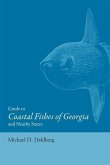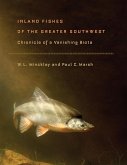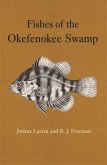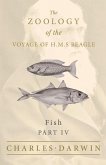Delve into the fascinating world of ichthyology with "A Guide to the Study of Fishes, Vol. 2 of 2" by David Starr Jordan. This meticulously prepared print edition offers a comprehensive exploration of fish, providing invaluable insights for anyone interested in marine biology and zoology. Serving as a detailed guide to fish identification, this volume delves into the intricacies of fish species and their characteristics. A valuable resource for both amateur enthusiasts and seasoned researchers, this book provides a thorough examination of the subject, including an extensive bibliography. Explore the depths of the ocean and enhance your understanding of the diverse and captivating world of fish. A timeless classic in the study of fishes, this volume remains an essential addition to any science or nature library. This work has been selected by scholars as being culturally important, and is part of the knowledge base of civilization as we know it. This work is in the public domain in the United States of America, and possibly other nations. Within the United States, you may freely copy and distribute this work, as no entity (individual or corporate) has a copyright on the body of the work. Scholars believe, and we concur, that this work is important enough to be preserved, reproduced, and made generally available to the public. We appreciate your support of the preservation process, and thank you for being an important part of keeping this knowledge alive and relevant.
Bitte wählen Sie Ihr Anliegen aus.
Rechnungen
Retourenschein anfordern
Bestellstatus
Storno






![List of the Fishes of Nova Scotia (corrected to Date, 1879) [microform] List of the Fishes of Nova Scotia (corrected to Date, 1879) [microform]](https://bilder.buecher.de/produkte/65/65551/65551918m.jpg)


